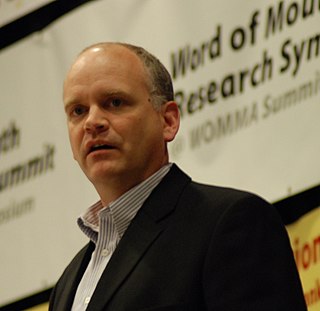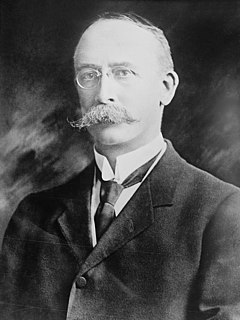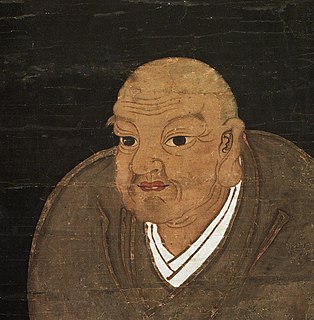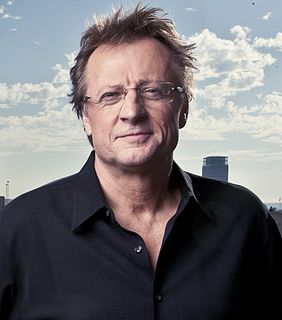A Quote by Robert Biswas-Diener
Instead of antiquated notions of physical daring, courage is much more about making small choices to take initiative even when we are experiencing anxiety and facing risk.
Related Quotes
But courage in fighting is by no means the only form, nor perhaps even the most important. There is courage in facing poverty, courage in facing derision, courage in facing the hostility of one's own herd. In these, the bravest soldiers are often lamentably deficient. And above all there is the courage to think calmly and rationally in the face of danger, and to control the impulse of panic fear or panic rage.
Some allow themselves to be overcome by panic, and others charge because they dare not remain at their posts. Some may be found whose courage is strengthened by small perils that prepare them to face greater dangers. Some are daring when facing swords but dread facing bullets; others dread bullets little but fear facing swords a lot.
It takes courage to care for others, because people who care run the risk of being hurt. It's not easy to let your guard down, open your heart, react with sympathy or compassion or indignation or enthusiasm when usually it's much easier-and sometimes much safer-not to get involved. People who take the risk make a tremendous discovery: The more things you care about, and the more intensely you care, the more alive you are.
I think people in general don't take enough risks. Some people feel that before they can take on that next challenge they need to be 100 percent ready. It's just not true. Even people in their jobs aren't perfect at their jobs. So my biggest advice to people is to step out there. Take the risk and deal with it. What is the worst that could happen? It's about thriving on risk instead of shrinking from risk.
Shane Salerno and I adapted my book Savages together, and I learned a lot about adaptation. I think it's an extremely difficult thing to do; adaptation might even be more difficult than writing an original screenplay. It's so much a matter of choices, making choices of what to leave in. It was an education.
Successful or not, acts of physical courage always bring honor. It is the smaller forms of valor - standing up for principle at the risk of social disapproval, economic loss or injury to career - that require the greatest moral will power. Since there is usually little upside to winning and a significant and often lasting downside to losing, moral courage often requires as much character as physical bravery.
People who achieve great things are people who make choices. Far too many people today let life dictate their future instead of the other way around. Choices are hard - that's why so few actually make them. But as the saying goes - not to make a choice is to make a choice. When it comes to choices, The question is - what choices will you make today? The world doesn't care about your problems, or what's holding you back. They don't care about your past failures, or any other obstacles you face. Stop making excuses and start making choices.






































